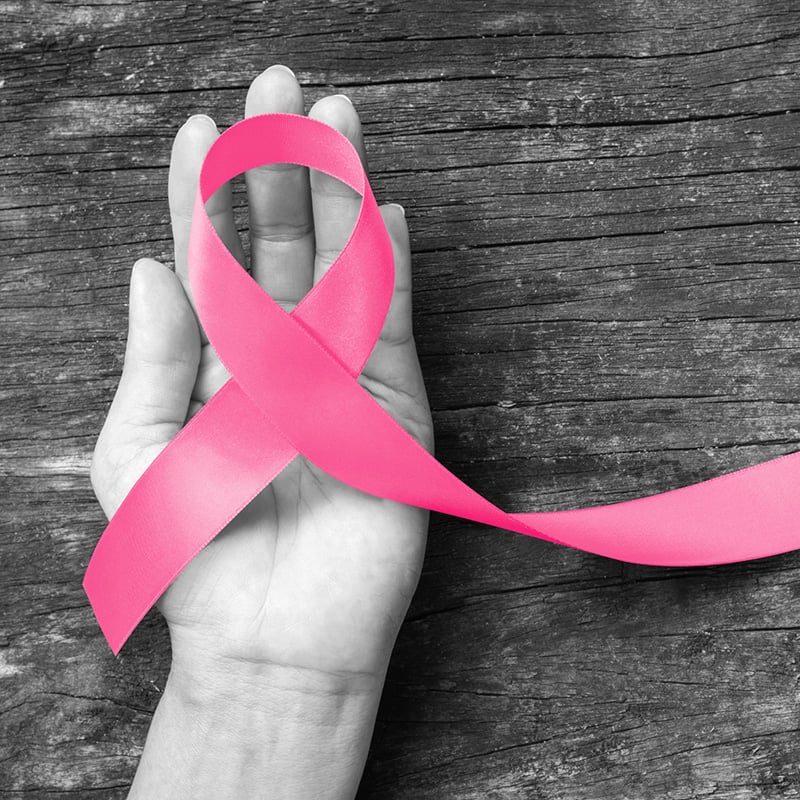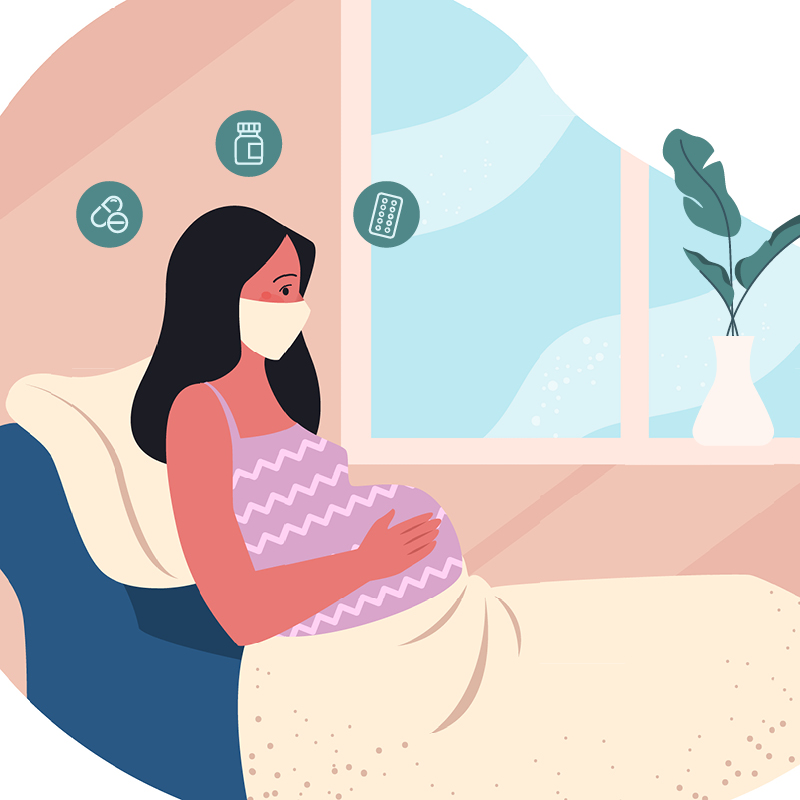Sexually transmitted infections (STIs), also called sexually transmitted diseases (STDs), are a significant public health problem across the United States. There are approximately 26 million STIs each year in the U.S., according to CDC estimates.
Men and women are both at risk for getting an STI if they are having unprotected sex. However, there are some STIs that women are more likely to contract.
Stephanie Bousquet, MD, is an OBGYN provider with the Women’s Health & Wellness Center in Pittsford and shares how to recognize the signs of an STI, how to prevent one, and how to treat them.
Common STIs diagnosed in women
Of the various kinds of STIs, women are more likely to have chlamydia, gonorrhea, trichomoniasis, or human papillomavirus (HPV). Women are more susceptible to infection because the vaginal wall is thinner – allowing for the infection to travel more easily. Women are also tested for STIs more often than men, according to the CDC.
Symptoms of most sexually transmitted infections for women are similar to one another and may include:
- abnormal vaginal discharge
- bleeding after intercourse
- burning or pain with urination
- genital ulcers or sores
- pelvic pain
- vaginal irritation
- no symptoms
If you are experiencing any of these symptoms, contact your primary care provider or gynecologist and schedule a visit. Urgent cares also offer testing for STIs. Often, STIs do not have any symptoms. This makes it even more important to be screened regularly if you are sexually active.
If you are not comfortable visiting your regular provider, the CDC website shows where clinics in your community provide confidential and low-cost testing.
“Most places will provide expedited partner treatment, which is treatment for the partner without the partner needing to be seen by a provider,” Dr. Bousquet said.
Treating STIs for women
Most STIs, including chlamydia, gonorrhea, and trichomoniasis, can be treated with prescription pills or a shot. Once you visit a provider, they will prescribe any medication for you as it is needed.
Patients should follow the directions exactly and take the full course of medication and hold off on having sexual intercourse as directed. Not following these directions could lead to a recurring infection or spreading the infection to other individuals.
There are some STIs that cannot be treated, such as HPV. However, providers can treat some of the issues caused by HPV – including genital warts and cervical precancer. Routine pap tests (commonly called pap smears) are the best way to identify any potential problems before cancer develops.
Best ways to prevent an STI for women
Aside from not having sex, using male condoms every time you have sex – vaginal, oral, or anal – is highly effective at preventing an STI. This is especially important when having sex with a new partner.
Talk about STIs with your partner and getting tested if you think an infection is possible.
Studies show HPV can cause cervical cancer, so getting vaccinated against the virus as early as possible can help to prevent future infections. Getting a pap test is also important for reducing the risk of having cancer.
“Both chlamydia and gonorrhea can affect a woman’s fertility,” Dr. Bousquet said. “These infections can travel up into the pelvis, which is why it's really important to get screened regularly.”








